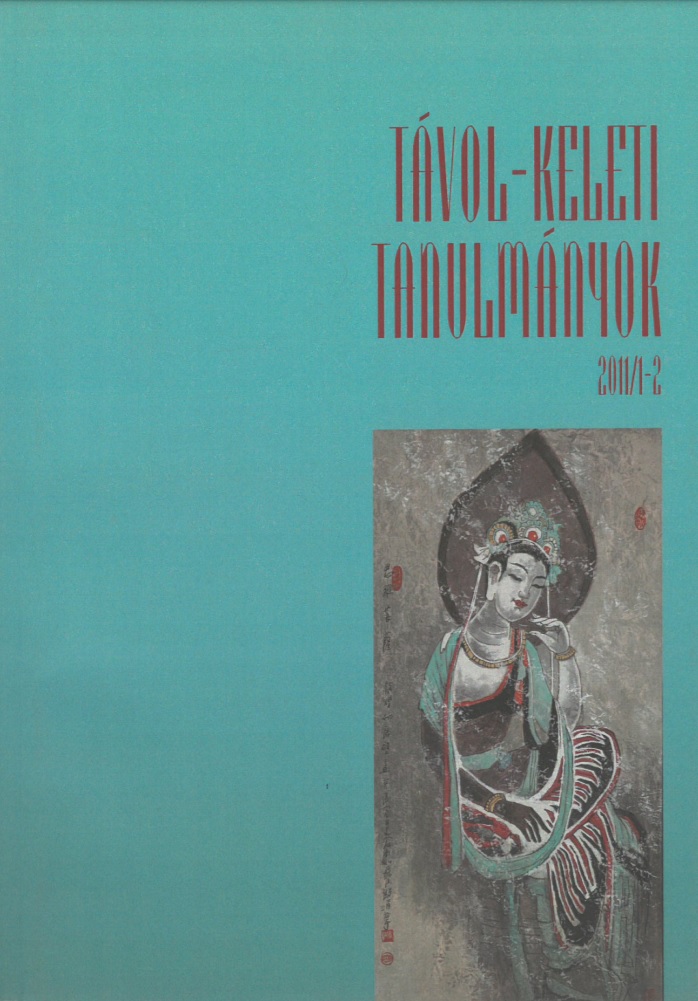Published 2013-09-03
How to Cite
Copyright (c) 2013 the author(s)

This work is licensed under a Creative Commons Attribution-NonCommercial 4.0 International License.
Abstract
The historical context of Chinese identity traces out the markers which determine today the peculiarities of the political approach of China, as well as the special features of the process of Chinese national identity building. Chinese communities living overseas are parts of this process, and they are included in the process of economic modernization in a special way by politics. The mother country tries to maintain special relations of cultural integrity, and in parallel also strives for economic integrity through the Chinese communities. The identity of Chinese communities and national identity intertwines in a special manner via economic relations and cooperation. The extent to which the Confucian system of ideology is able to accelerate economic modernization, and can define universal values against the value system of western societies, may be seen as
a test of the relationship between the two civilizations. It raises a series of further questions about the real opportunities for increasing the global weight of Chinese culture.
